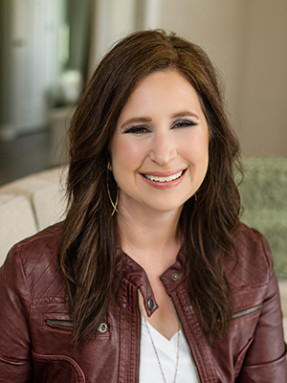Imagine selling a home where you could tell home buyers: You won’t need to change the light bulbs in this home for more than 20 years!
Wi-Fi-connected, long-lasting LED bulbs are breaking ground in the lighting industry. Instead of flipping a switch, one day you may just need to flip an app on your smartphone or tablet.
The smart bulb is generating a lot of buzz at this year’s International Consumer Electronic Show.
These bulbs not only aim to smarten up lighting in homes with “mood” lighting, but also provide another option to those who may not be fans of the “uninviting” light that standard energy-saving LED, compact fluorescent, and halogen bulbs put out. As of Jan. 1 of this year, incandescent light bulbs are no longer being manufactured in the U.S. Some in the lighting industry see “smart bulbs” as the next bright idea in lighting up homes.
Smart bulbs are not only energy efficient but they can be controlled by a person’s smartphone and offer different lighting settings that can be set to your mood.
One debut at CES from Philips -- the Hue smart bulb -- lets you control your wireless lighting from an app on a smartphone or tablet. You can dim the lights and even use different color lighting schemes to serve as mood lighting. The bulbs also come with preset lighting settings that aim to help you better concentrate, read, or relax too.
Belkin’s WeMo Smart LED Bulb -- a 60-watt equivalent LED bulb -- also got a lot of attention at this year’s CES. It works with an app for IOS and Android smartphones, and the bulbs can last up to 23 years. The bulbs are fully dimmable and can be scheduled to dim at certain times. For example, you can set the lights to gradually dim as you fall asleep. The lights emit a warm white light that is more similar to incandescent bulbs.
Lumen Smart Bulb can turn on when it just senses your mere presence 50 feet away. It can also be set to flash the lights to alert you about an incoming phone call.
For a real estate or staging professional, smart bulbs may offer some benefits. The obvious one: No longer having to worry about going to a home early to make sure all the lights are on prior to a showing. The lighting can all be controlled remotely.
What’s more, smart bulbs may allow you to create that perfect lighting mood for showings in advance, with just the right spotlight here and warm dim there. With just a press of an app, the home could be presented in its best light.
But one big barrier smart bulbs may still need to overcome before heading mainstream: The cost. Smart bulbs aren’t cheap, especially compared to other lighting options. For example, Lumen’s smart bulbs are about $70 each, and Belkin’s WeMo Smart LED Bulbs sell for about $39.99 each.
But could this be the future of lighting? Several manufacturers believe smart bulbs could also pave the way for a fully connected home from your smartphone -- one that encompasses all your appliances and home’s systems, not just your lights.
More From CES 2014:



















